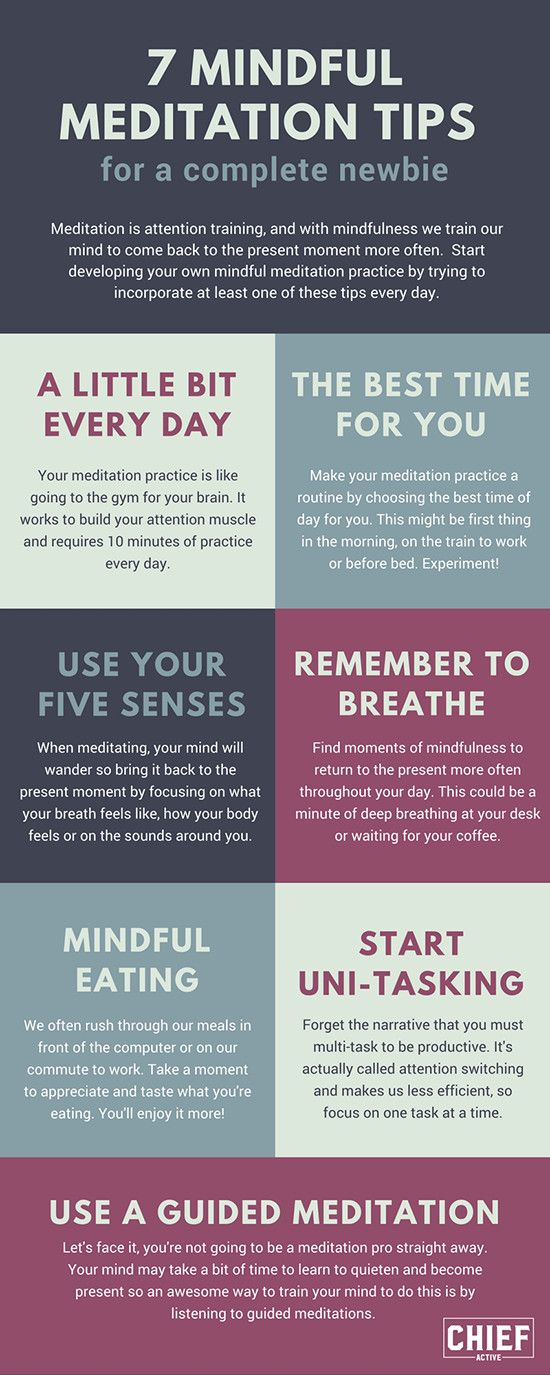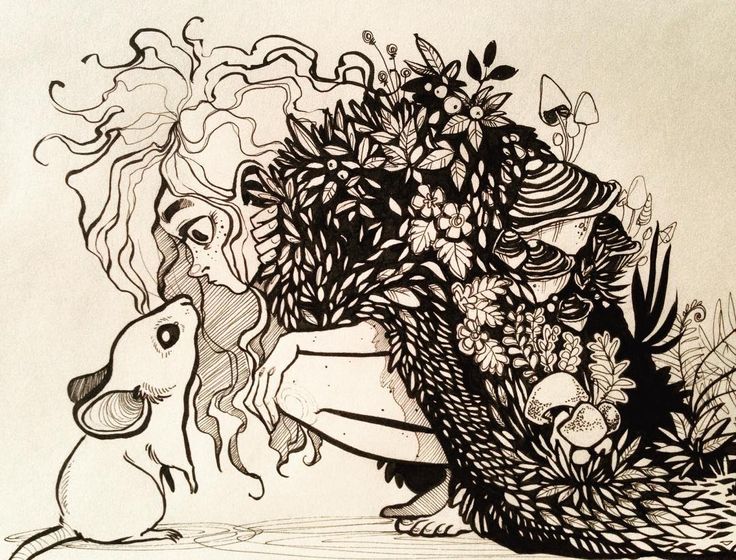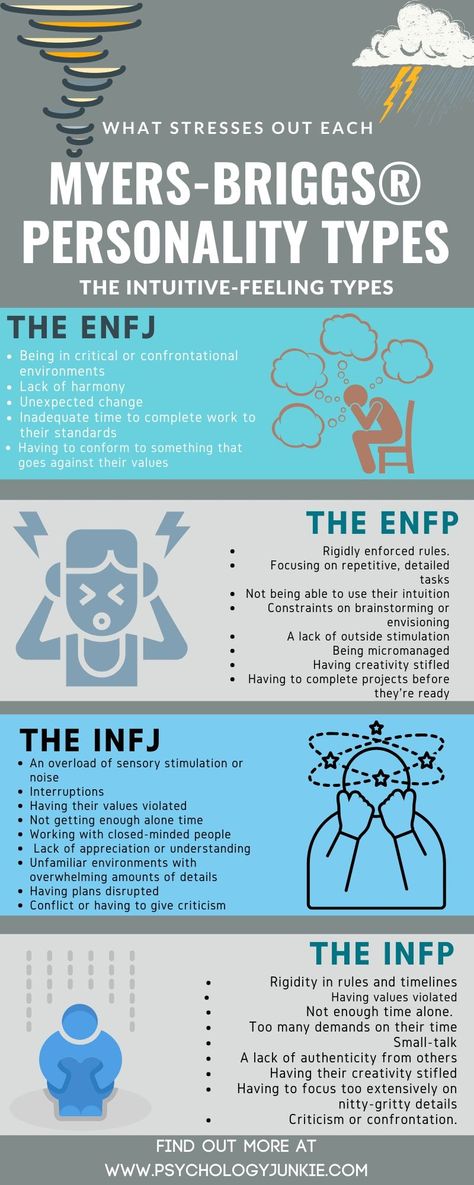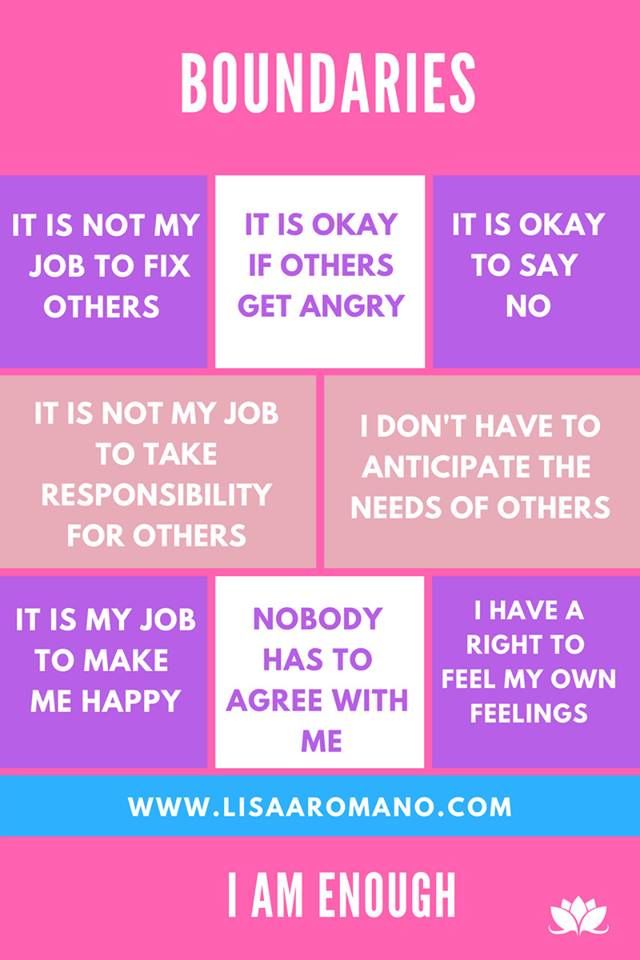Developing a good relationship
Five ways to build strong relationships
What you will learn
- Why building relationships within your job is beneficial to you
- Ways to establish lasting work relationships that will help you progress in your career
As humans we’re naturally sociable, so it makes sense that the better our relationships, the happier we are. This applies to our personal life but also to our workplace - good relationships with people you work with every day will result in you feeling happier, more engaged and productive.
All jobs require interaction at some time, so relationships are crucial. Positive work relationships can have a range of benefits. It also just makes going to work more enjoyable.
What are the benefits?
The main benefits of good working relationships are:
- Increased productivity – when people get along, they are naturally more productive
- Improved morale – you’ll be generally happier at work
- Effective teamwork – good relationships will positively impact working as a team
- Good for personal growth – you can benefit from the knowledge of your co-workers and feel encouraged to succeed in your role
Five ways to build strong relationships
Here are our five top ways for establishing strong relationships in work.
1. Have open and honest communications
Good relationships rely on good communication, whether it’s face-to-face, on the telephone or email. Being open, honest and professional helps establish trust and rapport.
Listening is just as important as talking. Active listening is a valuable skill to develop and helps build trust. Focus on what people say and take time to consider before responding.
2. Develop people skills
This means your ability to relate to others. Developing your own people skills will help you build successful relationships. For example, how you deal with conflict and understand your own strengths and weaknesses.
You can also work on your emotional intelligence - this is the ability to recognise how your emotions affect you and those around you.
3. Respect and appreciate others
Appreciating others is a powerful relationship builder. Make time for everyone, regardless of their role – don’t just focus on impressing senior staff.
If you commit to something, make sure you complete the task. Always try to meet deadlines and deliver on promises or requests. Essentially, treat others as you’d want to be treated.
4. Accept support and be supportive
Offering up your time, experience and expertise proves your value and can help build positive relationships. So be proactive, help others and if there’s an opportunity to assist with something – take it.
As well as offering up your own expertise, don’t be afraid to ask for help or advice. Generally, people are happy to offer support and like to feel helpful so take advantage of their skills and knowledge.
5. Be positive
It can be tempting to get involved in gossip and office politics to feel like part of things, but don’t take part. Keep a professional attitude and address any issues in a positive way.
Think of all the positives you can bring to the workplace, ask questions, speak up in meetings, have an opinion and support the opinion of others.
Some other articles you may find helpful
7 C's of communication
The seven Cs of communication is a list of principals for making sure what you write and what you say gets your point across effectively.
How to network
Read our beginners guide to networking and discover ways to reach out today.
LinkedIn: How to get started
The future is digital – including your CV. Read our guide to building your profile from scratch.
Tips for Building a Healthy Relationship
love & friendship
Want to feel loved and connected to your partner? These tips can help you build and keep a romantic relationship that’s healthy, happy, and satisfying.
Building a healthy relationship
All romantic relationships go through ups and downs and they all take work, commitment, and a willingness to adapt and change with your partner. But whether your relationship is just starting out or you’ve been together for years, there are steps you can take to build a healthy relationship. Even if you’ve experienced a lot of failed relationships in the past or have struggled before to rekindle the fires of romance in your current relationship, you can find ways to stay connected, find fulfillment, and enjoy lasting happiness.
Even if you’ve experienced a lot of failed relationships in the past or have struggled before to rekindle the fires of romance in your current relationship, you can find ways to stay connected, find fulfillment, and enjoy lasting happiness.
What makes a healthy relationship?
Every relationship is unique, and people come together for many different reasons. Part of what defines a healthy relationship is sharing a common goal for exactly what you want the relationship to be and where you want it to go. And that’s something you’ll only know by talking deeply and honestly with your partner.
However, there are also some characteristics that most healthy relationships have in common. Knowing these basic principles can help keep your relationship meaningful, fulfilling and exciting whatever goals you’re working towards or challenges you’re facing together.
You maintain a meaningful emotional connection with each other. You each make the other feel loved and emotionally fulfilled. There’s a difference between being loved and feeling loved. When you feel loved, it makes you feel accepted and valued by your partner, like someone truly gets you. Some relationships get stuck in peaceful coexistence, but without the partners truly relating to each other emotionally. While the union may seem stable on the surface, a lack of ongoing involvement and emotional connection serves only to add distance between two people.
There’s a difference between being loved and feeling loved. When you feel loved, it makes you feel accepted and valued by your partner, like someone truly gets you. Some relationships get stuck in peaceful coexistence, but without the partners truly relating to each other emotionally. While the union may seem stable on the surface, a lack of ongoing involvement and emotional connection serves only to add distance between two people.
You’re not afraid of (respectful) disagreement. Some couples talk things out quietly, while others may raise their voices and passionately disagree. The key in a strong relationship, though, is not to be fearful of conflict. You need to feel safe to express things that bother you without fear of retaliation, and be able to resolve conflict without humiliation, degradation, or insisting on being right.
You keep outside relationships and interests alive.Despite the claims of romantic fiction or movies, no one person can meet all of your needs. In fact, expecting too much from your partner can put unhealthy pressure on a relationship. To stimulate and enrich your romantic relationship, it’s important to sustain your own identity outside of the relationship, preserve connections with family and friends, and maintain your hobbies and interests.
In fact, expecting too much from your partner can put unhealthy pressure on a relationship. To stimulate and enrich your romantic relationship, it’s important to sustain your own identity outside of the relationship, preserve connections with family and friends, and maintain your hobbies and interests.
[Read: Making Good Friends]
You communicate openly and honestly. Good communication is a key part of any relationship. When both people know what they want from the relationship and feel comfortable expressing their needs, fears, and desires, it can increase trust and strengthen the bond between you.
Affordable private online therapy. Get instant help, on any device, wherever you are in the world. Start feeling better today!
GET 20% OFF
With over 25,000 licensed counselors, BetterHelp has a therapist that fits your needs. Sign up today and get matched.
GET 20% OFF
Get professional online counseling for relationship or marital issues. It’s confidential and convenient to get started.
It’s confidential and convenient to get started.
GET 20% OFF
Falling in love vs. staying in love
For most people, falling in love usually seems to just happen. It’s staying in love—or preserving that “falling in love” experience—that requires commitment and work. Given its rewards, though, it’s well worth the effort. A healthy, secure romantic relationship can serve as an ongoing source of support and happiness in your life, through good times and bad, strengthening all aspects of your wellbeing. By taking steps now to preserve or rekindle your falling in love experience, you can build a meaningful relationship that lasts—even for a lifetime.
Many couples focus on their relationship only when there are specific, unavoidable problems to overcome. Once the problems have been resolved they often switch their attention back to their careers, kids, or other interests. However, romantic relationships require ongoing attention and commitment for love to flourish. As long as the health of a romantic relationship remains important to you, it is going to require your attention and effort.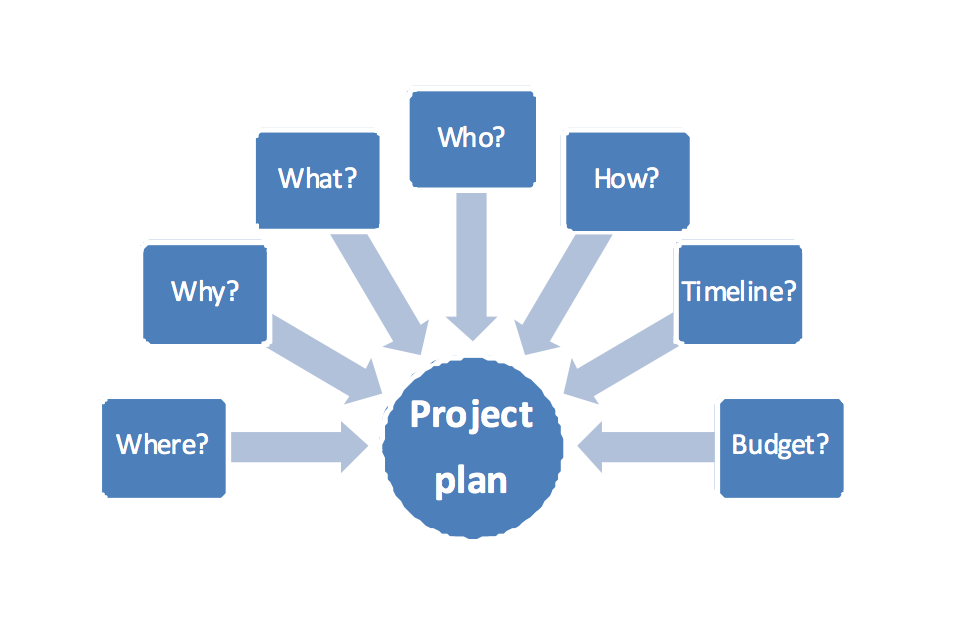 And identifying and fixing a small problem in your relationship now can often help prevent it from growing into a much larger one down road.
And identifying and fixing a small problem in your relationship now can often help prevent it from growing into a much larger one down road.
The following tips can help you to preserve that falling in love experience and keep your romantic relationship healthy.
Tip 1: Spend quality time face to face
You fall in love looking at and listening to each other. If you continue to look and listen in the same attentive ways, you can sustain the falling in love experience over the long term. You probably have fond memories of when you were first dating your loved one. Everything seemed new and exciting, and you likely spent hours just chatting together or coming up with new, exciting things to try. However, as time goes by, the demands of work, family, other obligations, and the need we all have for time to ourselves can make it harder to find time together.
Many couples find that the face-to-face contact of their early dating days is gradually replaced by hurried texts, emails, and instant messages. While digital communication is great for some purposes, it doesn’t positively impact your brain and nervous system in the same way as face-to-face communication. Sending a text or a voice message to your partner saying “I love you” is great, but if you rarely look at them or have the time to sit down together, they’ll still feel you don’t understand or appreciate them. And you’ll become more distanced or disconnected as a couple. The emotional cues you both need to feel loved can only be conveyed in person, so no matter how busy life gets, it’s important to carve out time to spend together.
While digital communication is great for some purposes, it doesn’t positively impact your brain and nervous system in the same way as face-to-face communication. Sending a text or a voice message to your partner saying “I love you” is great, but if you rarely look at them or have the time to sit down together, they’ll still feel you don’t understand or appreciate them. And you’ll become more distanced or disconnected as a couple. The emotional cues you both need to feel loved can only be conveyed in person, so no matter how busy life gets, it’s important to carve out time to spend together.
Commit to spending some quality time together on a regular basis. No matter how busy you are, take a few minutes each day to put aside your electronic devices, stop thinking about other things, and really focus on and connect with your partner.
Find something that you enjoy doing together, whether it is a shared hobby, dance class, daily walk, or sitting over a cup of coffee in the morning.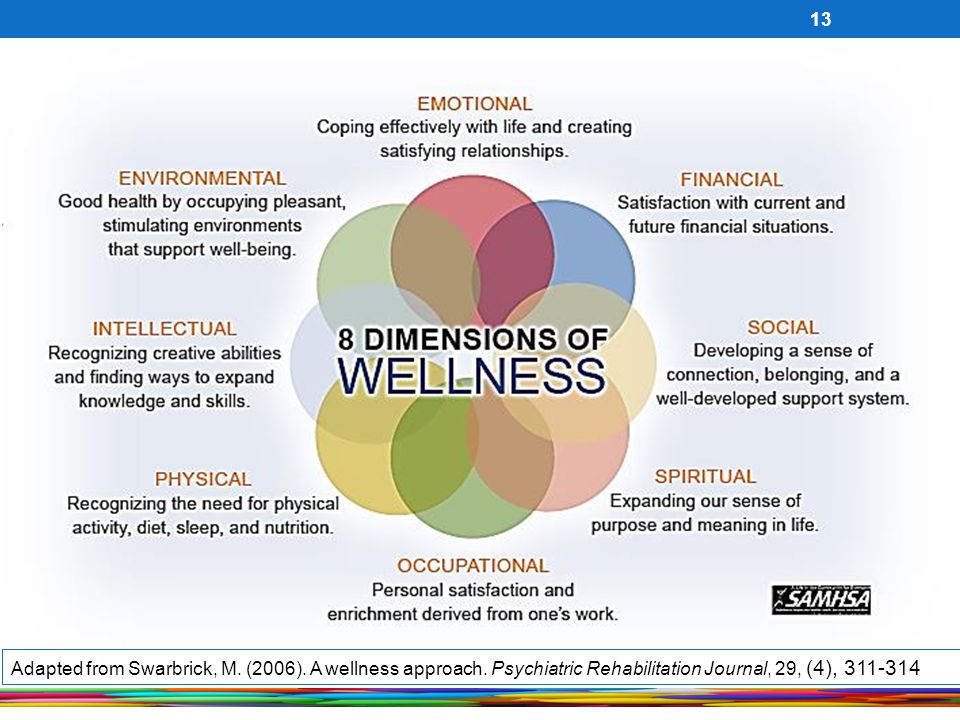
Try something new together. Doing new things together can be a fun way to connect and keep things interesting. It can be as simple as trying a new restaurant or going on a day trip to a place you’ve never been before.
Focus on having fun together. Couples are often more fun and playful in the early stages of a relationship. However, this playful attitude can sometimes be forgotten as life challenges start getting in the way or old resentments start building up. Keeping a sense of humor can actually help you get through tough times, reduce stress and work through issues more easily. Think about playful ways to surprise your partner, like bringing flowers home or unexpectedly booking a table at their favorite restaurant. Playing with pets or small children can also help you reconnect with your playful side.
Advertisement
Discover the Power of Awareness
Want to overcome negative self-talk and other limiting beliefs? Join Tara Brach and Jack Kornfield for a free video from Sounds True on the Power of Awareness, online mindfulness training to transform your life.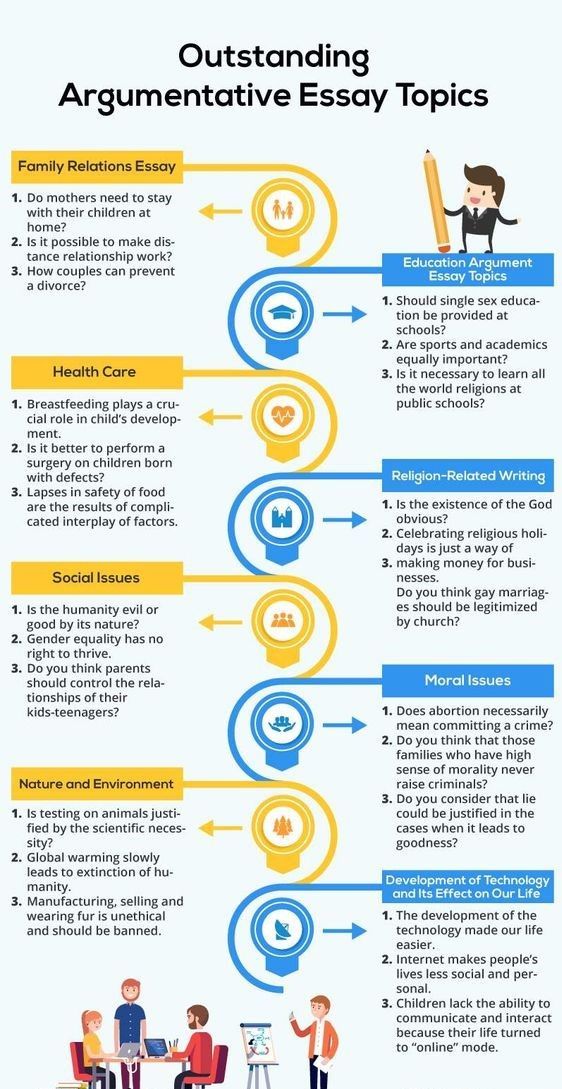
SIGN UP FOR THE FREE VIDEO
Tip 2: Stay connected through communication
Good communication is a fundamental part of a healthy relationship. When you experience a positive emotional connection with your partner, you feel safe and happy. When people stop communicating well, they stop relating well, and times of change or stress can really bring out the disconnect. It may sound simplistic, but as long as you are communicating, you can usually work through whatever problems you’re facing.
Tell your partner what you need, don't make them guess.
It’s not always easy to talk about what you need. For one, many of us don’t spend enough time thinking about what’s really important to us in a relationship. And even if you do know what you need, talking about it can make you feel vulnerable, embarrassed, or even ashamed. But look at it from your partner’s point of view. Providing comfort and understanding to someone you love is a pleasure, not a burden.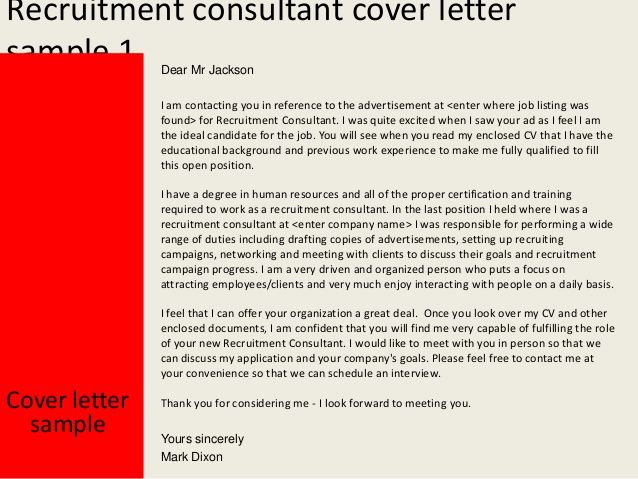
[Read: Effective Communication]
If you’ve known each other for a while, you may assume that your partner has a pretty good idea of what you are thinking and what you need. However, your partner is not a mind-reader. While your partner may have some idea, it is much healthier to express your needs directly to avoid any confusion.
Your partner may sense something, but it might not be what you need. What’s more, people change, and what you needed and wanted five years ago, for example, may be very different now. So instead of letting resentment, misunderstanding, or anger grow when your partner continually gets it wrong, get in the habit of telling them exactly what you need.
Take note of your partner's nonverbal cues
So much of our communication is transmitted by what we don’t say. Nonverbal cues, which include eye contact, tone of voice, posture, and gestures such as leaning forward, crossing your arms, or touching someone’s hand, communicate much more than words.
When you can pick up on your partner’s nonverbal cues or “body language,” you’ll be able to tell how they really feel and be able to respond accordingly. For a relationship to work well, each person has to understand their own and their partner’s nonverbal cues. Your partner’s responses may be different from yours. For example, one person might find a hug after a stressful day a loving mode of communication—while another might just want to take a walk together or sit and chat.
It’s also important to make sure that what you say matches your body language. If you say “I’m fine,” but you clench your teeth and look away, then your body is clearly signaling you are anything but “fine.”
When you experience positive emotional cues from your partner, you feel loved and happy, and when you send positive emotional cues, your partner feels the same. When you stop taking an interest in your own or your partner’s emotions, you’ll damage the connection between you and your ability to communicate will suffer, especially during stressful times.
Be a good listener
While a great deal of emphasis in our society is put on talking, if you can learn to listen in a way that makes another person feel valued and understood, you can build a deeper, stronger connection between you.
There’s a big difference between listening in this way and simply hearing. When you really listen—when you’re engaged with what’s being said—you’ll hear the subtle intonations in your partner’s voice that tells you how they’re really feeling and the emotions they’re trying to communicate. Being a good listener doesn't mean you have to agree with your partner or change your mind. But it will help you find common points of view that can help you to resolve conflict.
Tip 3: Keep physical intimacy alive
Touch is a fundamental part of human existence. Studies on infants have shown the importance of regular, affectionate contact for brain development. And the benefits don’t end in childhood. Affectionate contact boosts the body’s levels of oxytocin, a hormone that influences bonding and attachment.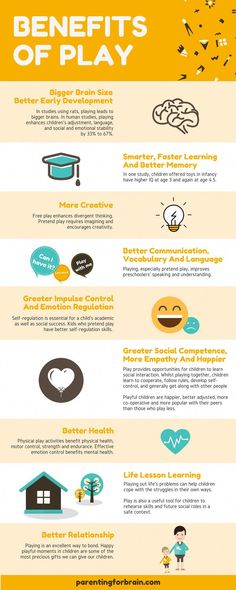
While sex is often a cornerstone of a committed relationship, it shouldn’t be the only method of physical intimacy. Frequent, affectionate touch—holding hands, hugging, kissing—is equally important.
[Read: Better Sex as You Age]
Of course, it’s important to be sensitive to what your partner likes. Unwanted touching or inappropriate overtures can make the other person tense up and retreat—exactly what you don’t want. As with so many other aspects of a healthy relationship, this can come down to how well you communicate your needs and intentions with your partner.
Even if you have pressing workloads or young children to worry about, you can help to keep physical intimacy alive by carving out some regular couple time, whether that’s in the form of a date night or simply an hour at the end of the day when you can sit and talk or hold hands.
Tip 4: Learn to give and take in your relationship
If you expect to get what you want 100% of the time in a relationship, you are setting yourself up for disappointment. Healthy relationships are built on compromise. However, it takes work on each person’s part to make sure that there is a reasonable exchange.
Healthy relationships are built on compromise. However, it takes work on each person’s part to make sure that there is a reasonable exchange.
Recognize what’s important to your partner
Knowing what is truly important to your partner can go a long way towards building goodwill and an atmosphere of compromise. On the flip side, it’s also important for your partner to recognize your wants and for you to state them clearly. Constantly giving to others at the expense of your own needs will only build resentment and anger.
Don’t make “winning” your goal
If you approach your partner with the attitude that things have to be your way or else, it will be difficult to reach a compromise. Sometimes this attitude comes from not having your needs met while younger, or it could be years of accumulated resentment in the relationship reaching a boiling point. It’s alright to have strong convictions about something, but your partner deserves to be heard as well. Be respectful of the other person and their viewpoint.
Learn how to respectfully resolve conflict
Conflict is inevitable in any relationship, but to keep a relationship strong, both people need to feel they’ve been heard. The goal is not to win but to maintain and strengthen the relationship.
Make sure you are fighting fair. Keep the focus on the issue at hand and respect the other person. Don’t start arguments over things that cannot be changed.
Don’t attack someone directly but use “I” statements to communicate how you feel. For example, instead of saying, “You make me feel bad” try “I feel bad when you do that”.
Don’t drag old arguments into the mix. Rather than looking to past conflicts or grudges and assigning blame, focus on what you can do in the here-and-now to solve the problem.
Be willing to forgive. Resolving conflict is impossible if you’re unwilling or unable to forgive others.
If tempers flare, take a break. Take a few minutes to relieve stress and calm down before you say or do something you’ll regret. Always remember that you’re arguing with the person you love.
Take a few minutes to relieve stress and calm down before you say or do something you’ll regret. Always remember that you’re arguing with the person you love.
Know when to let something go. If you can’t come to an agreement, agree to disagree. It takes two people to keep an argument going. If a conflict is going nowhere, you can choose to disengage and move on.
Tip 5: Be prepared for ups and downs
It’s important to recognize that there are ups and downs in every relationship. You won’t always be on the same page. Sometimes one partner may be struggling with an issue that stresses them, such as the death of a close family member. Other events, like job loss or severe health problems, can affect both partners and make it difficult to relate to each other. You might have different ideas of managing finances or raising children.
Different people cope with stress differently, and misunderstandings can rapidly turn to frustration and anger.
[Read: Surviving Tough Times by Building Resilience]
Don’t take out your problems on your partner.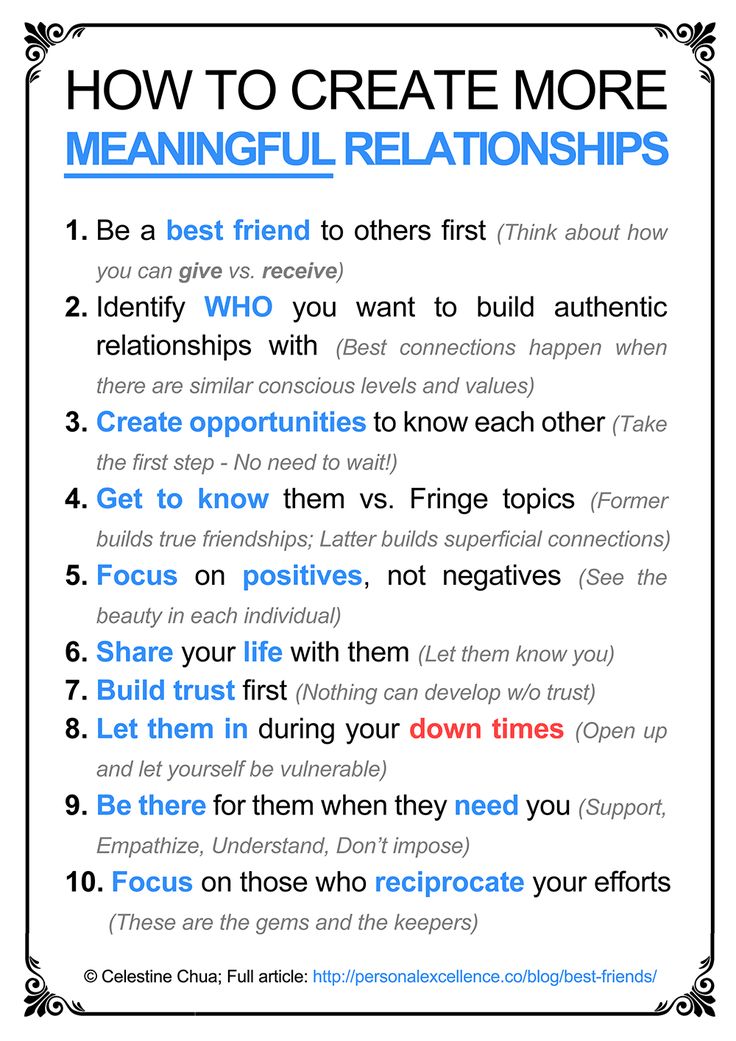 Life stresses can make us short tempered. If you are coping with a lot of stress, it might seem easier to vent with your partner, and even feel safer to snap at them. Fighting like this might initially feel like a release, but it slowly poisons your relationship. Find other healthier ways to manage your stress, anger, and frustration.
Life stresses can make us short tempered. If you are coping with a lot of stress, it might seem easier to vent with your partner, and even feel safer to snap at them. Fighting like this might initially feel like a release, but it slowly poisons your relationship. Find other healthier ways to manage your stress, anger, and frustration.
Trying to force a solution can cause even more problems. Every person works through problems and issues in their own way. Remember that you’re a team. Continuing to move forward together can get you through the rough spots.
Look back to the early stages of your relationship. Share the moments that brought the two of you together, examine the point at which you began to drift apart, and resolve how you can work together to rekindle that falling in love experience.
Be open to change. Change is inevitable in life, and it will happen whether you go with it or fight it. Flexibility is essential to adapt to the change that is always taking place in any relationship, and it allows you to grow together through both the good times and the bad.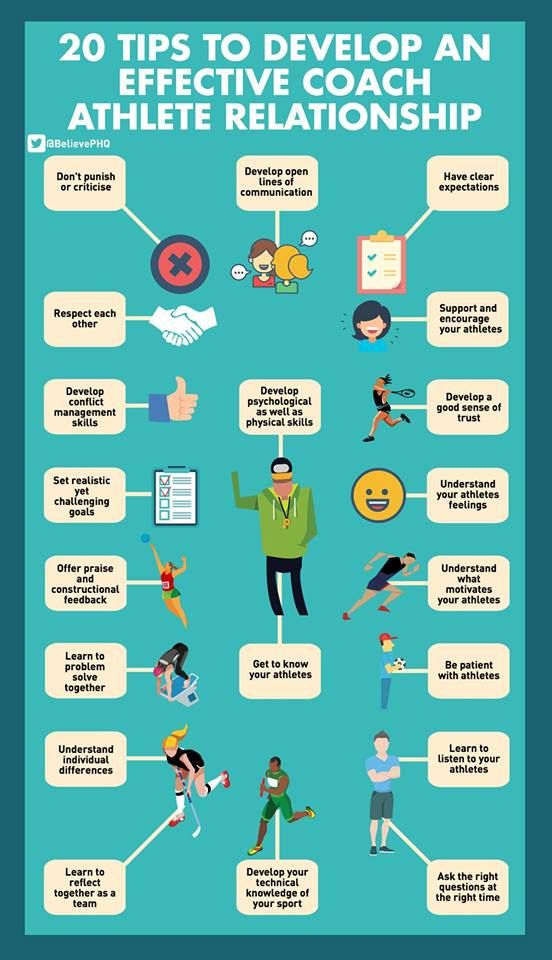
If you need outside help for your relationship, reach out together. Sometimes problems in a relationship can seem too complex or overwhelming for you to handle as a couple. Couples therapy or talking together with a trusted friend or religious figure can help.
Authors: Lawrence Robinson, Melinda Smith, M.A., and Jeanne Segal, Ph.D.
Am I in a Healthy Relationship? – Article aimed at teens to determine if your relationship is as healthy as it should be. (TeensHealth)
Help with Relationships – Articles addressing common relationship problems, such as arguments and conflict, communication, and infidelity. (Relate UK)
Last updated: November 1, 2022
Psychology of a good relationship between a man and a woman, secrets
A happy relationship between a man and a woman is based on mutual understanding, the ability to forgive and trust in each other. Partners should pay attention to the art of communication.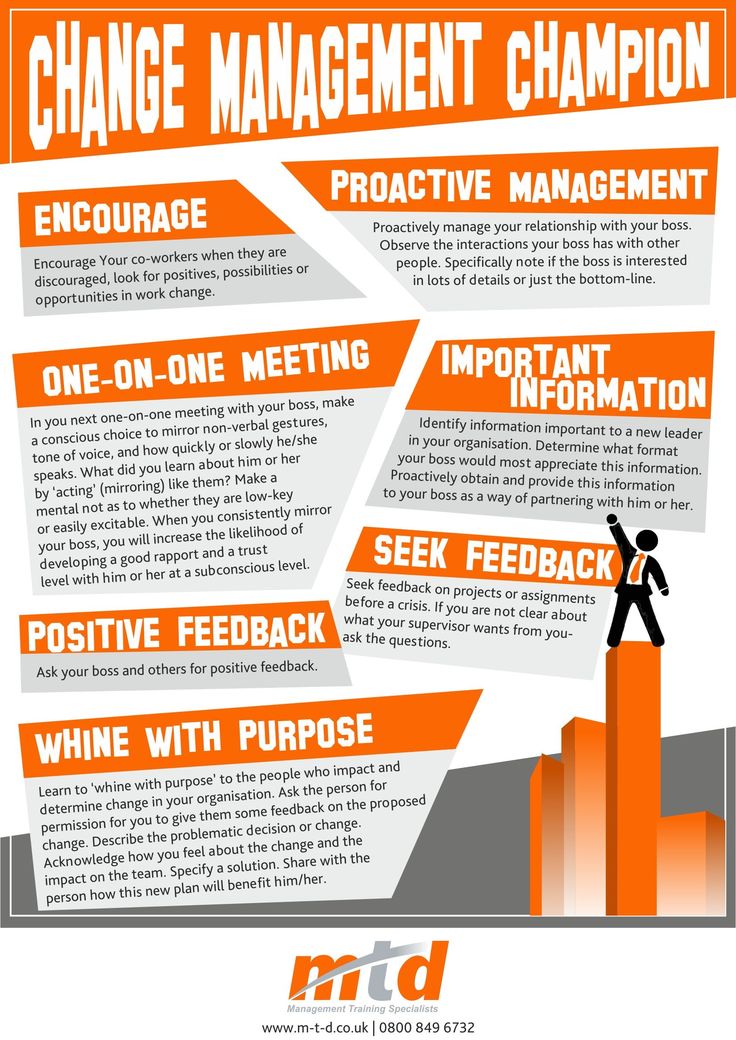 Below we will understand what types of relationships between the female and male sexes are, what stages they are divided into and how to build a strong union.
Below we will understand what types of relationships between the female and male sexes are, what stages they are divided into and how to build a strong union.
The beginning and foundations of relationships between a man and a woman
Building harmonious relationships is the secret of happiness of successful people. An alliance between two people can be obtained for several reasons. The very first and most common is sympathy and love. Partners face a choice: become a family or just enjoy romantic moments.
The engine of the psychology of gender relations is their attraction on the physical and spiritual level. A man and a woman evaluate how much their vision of a life goal, habits and interests coincide.
It doesn't matter at what stage the relationship between loving people is. Sometimes there are moments of weakness. With any difficulties you need to cope, and always move forward. Union should bring joy and pleasure.
If you are not comfortable with your partner at the first stage, then it is better to leave immediately. If necessary, you can observe your feelings. It is better if the basis is creation and positive intention.
If necessary, you can observe your feelings. It is better if the basis is creation and positive intention.
Stages and stages of development
There are four main types of development of relations between a man and a woman in psychology. They are divided into the stage of falling in love, unjustified expectations, acceptance of each other and harmonization of the union.
The stage of falling in love lasts for the first few years. At this point, idealization of the partner occurs. The couple experiences boundless happiness from being with each other. The masculine and feminine principles are most clearly manifested.
At the stage of unjustified expectations, the ideal image collapses. Gradually, disappointment in a partner comes. Some couples do not pass the first test of time, which leads to the breakdown of relationships. Psychologists recommend talking with your loved one as often as possible so that there is no misunderstanding and distrust.
Next comes the stage of accepting each other. Men and women are perceived as they really are. Nobody seeks to change a partner. Gradually, there is an adjustment to the behavior, habits and features are taken into account.
Not many come to the stage of harmonization in relationships. There is no need to remake loved ones. All compromises have already been found. Agreement is reached in joint affairs, each of the partners has personal freedom.
The main difficulty in a relationship is going through all the stages. Always keep in mind that men and women are different. No need to conflict, try to change each other. It is enough to find understanding and achieve harmony in the union.
Weaknesses of men and women
First of all, a couple needs to learn to understand each other. The race for standards is useless. It is important to accept people for who they are. It is better to strive to help a person develop positive qualities, take care of him and speak words of love as often as possible.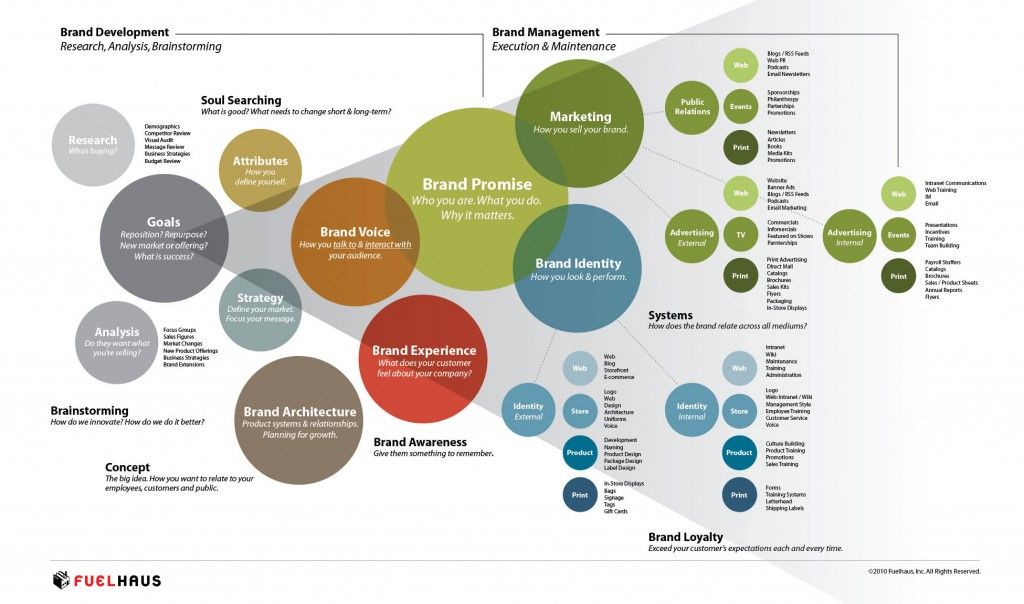
Love is built on understanding what the partner wants and what he thinks. It is important to apologize in time, not to make unfounded accusations.
The psychology of relations between a man and a woman is based on trust. That is what lies at the heart of happiness. If one of the partners constantly suspects the other of cheating, is jealous, then this is a step towards the destruction of a seemingly prosperous family. Girls are usually more imaginative, but young people can also be distrustful for minor reasons.
The secrets of strong alliances are built on the following principles:
- Successful couples talk to each other all the time.
- There is no place for doubts in a partner, it is better to immediately ask exciting questions.
- Lying is a last resort.
- It is worth learning to accept the truth.
- It is difficult to change a person, it is easier to change yourself (or yourself) and become an example.

Especially at the beginning of a relationship, it is important to be able to stop conflict situations. Without them, trust cannot be built. If the dispute does not lead to a constructive solution, then it does not make sense, because it only aggravates the quarrel. You don’t need to defend your opinion before winning, it happens that losing will bring much more benefit to the union in the future.
Ending an unpleasant conversation is easy. It is enough to adhere to the rules:
- don't be rude;
- retire if necessary;
- do not rush to make decisions, take extra time to think.
You can joke about any problem. Screaming and insults will only make things worse, the relationship will come to a standstill.
The union of two loving people does not tolerate routine, such is psychology. This is much worse than distrust or misunderstanding. To avoid monotonous actions, it is recommended to change the situation as often as possible, if possible, rest from each other, but within reasonable limits. After a while, you will want to see a partner, again there will be something to talk about.
To avoid monotonous actions, it is recommended to change the situation as often as possible, if possible, rest from each other, but within reasonable limits. After a while, you will want to see a partner, again there will be something to talk about.
Friendship between a man and a woman
Friendship between men and women has a number of features. Most often they have common interests or simply do not think about how they relate to each other.
First of all, friendship can arise due to close business ties. A girl or a guy tends to help one another in business, complement each other well. In some cases, such relationships develop and develop into love bonds.
No matter what gender a person is, everyone wants to impress. When attachment occurs, there is a sense of jealousy and potential loss. This can lead to conflict situations, especially if a soulmate appears. Here it is important not to cross the invisible line between friendship and a feeling of love.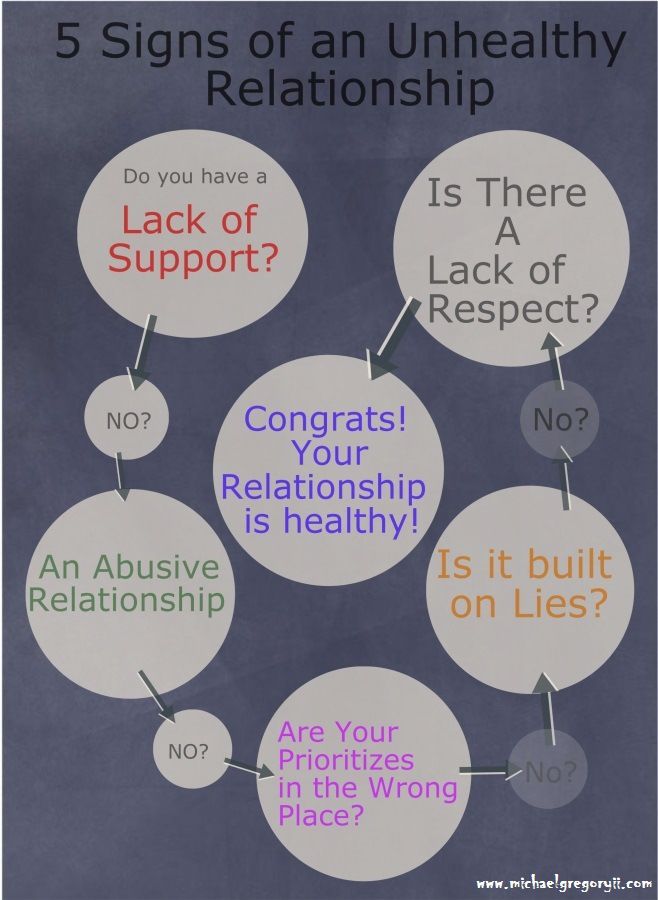 Such are the basics of the psychology of relations between a man and a woman.
Such are the basics of the psychology of relations between a man and a woman.
Types of relationships between a man and a woman
To build a strong family union, it is important to know the basic types of relationships between a man and a woman. There can be both spiritual and professional forms. Not always the interaction comes down to marital and intimate relationships.
The following types of relationships may arise between representatives of different sexes:
- friends;
- friendly;
- love;
- spiritual.
There may also be relationships as spouses. They are typical for common residence and joint farming.
Friendship is more common among people who have recently met. They can rarely meet in a general campaign, discuss interesting topics. When friendship arises, communication becomes more frequent, a man or woman boldly turns to each other for advice and support.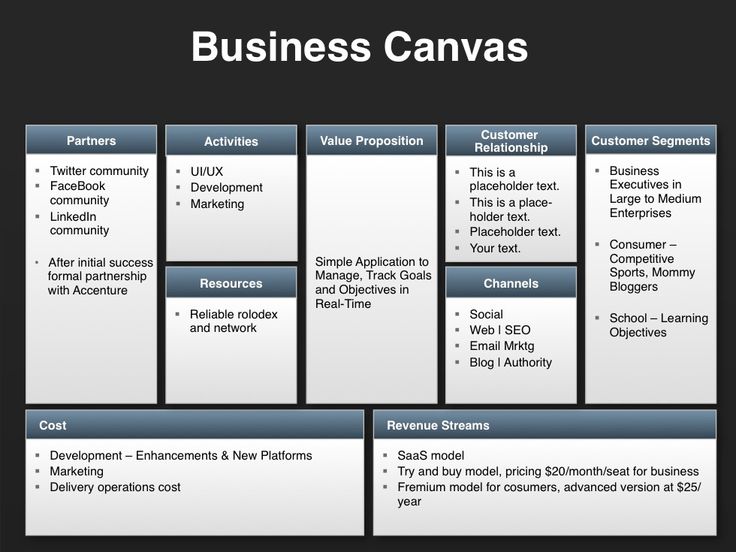
Love relationships appear at the stage of falling in love or love. Partners tend to spend the maximum amount of time with each other, experience strong feelings, get bored.
The highest stage in the development of relationships is the spiritual one. Love and respect for the partner dominate here, which gives the couple constant development.
Everyone should be prepared for the fact that they will have to invest their time and make efforts to achieve results. All problems should be discussed, not hushed up, constantly looking for solutions acceptable to both sides.
Books on the psychology of developing good relationships
Relationship psychology is one of the most popular topics in the literature. Books teach to understand representatives of the opposite sex, to make competent and reasonable decisions in the development of the union.
1. "Men are from Mars, women are from Venus"
The author of the book is John Gray.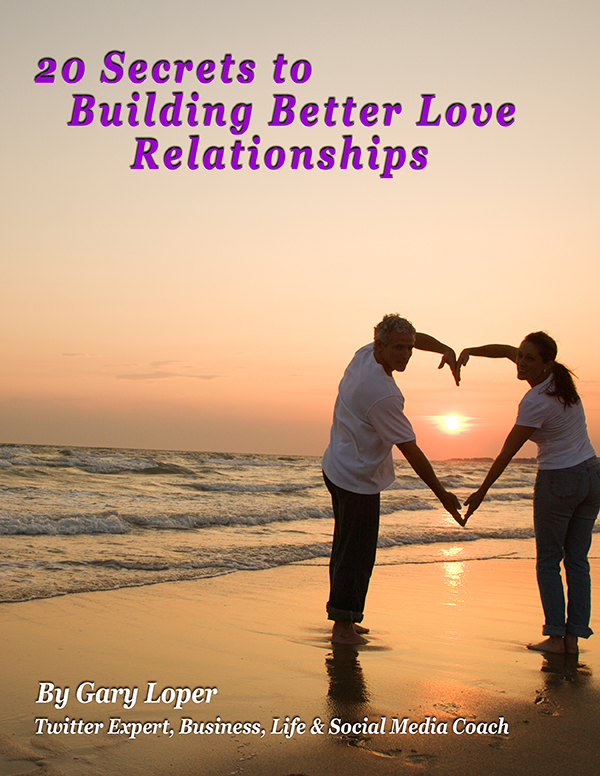 He talks about the fact that men and women have different psychology and ideas about the world around them. Not everyone accepts this, for this reason conflict situations occur. The book shows the differences between the male and female world, helps to overcome difficulties. Gray makes it possible to read the psychology of relationships between a man and a woman with a humorous approach and lively language.
He talks about the fact that men and women have different psychology and ideas about the world around them. Not everyone accepts this, for this reason conflict situations occur. The book shows the differences between the male and female world, helps to overcome difficulties. Gray makes it possible to read the psychology of relationships between a man and a woman with a humorous approach and lively language.
2. "You don't know anything about men"
The book was written by Steve Harvey. He is a psychologist by profession. The rich author's experience is presented on the pages of the publication. The writer had three marriages and two divorces. This gives a deep understanding of the inner male and female representation of the state of affairs.
3. “The paradox of passion: she loves him, but he doesn’t love her”
Dellis and Phyllis give readers the opportunity to search for themselves in the pages of the book. Here you can get an answer to the question: what to do if the relationship has come to a standstill, and whether they need to be taken to a new level.
Reading such literature is useful for those who need help in finding a life partner. Most of the books can be read online and will be of interest to everyone.
How to strengthen relationships: 10 wise advice for all time
Psychology
A phrase that everyone repeated at least once in their life: “Relationships are not easy!” I want to clarify. In theory, relationships themselves are very simple, because they develop in a natural rhythm according to the will of feelings: they met, fell in love, decided to be together. But the people involved in a relationship can make it difficult - and even very difficult.
The thing is, we don't like the idea that "relationships need to be worked on." What kind of nonsense is this, but what about love? Why is a harmonious union, which arose from a great and bright feeling, not able to magically work by itself, like a well-oiled machine?
Unfortunately, even the heroes of fairy tales do not hope for such a thing. Relationships really take effort, and they can be strong and happy - if you know the right life hacks. A romantic connection can be strengthened and improved by working in two ways:
Relationships really take effort, and they can be strong and happy - if you know the right life hacks. A romantic connection can be strengthened and improved by working in two ways:
- demanding more from yourself,
- demanding more from a partner.
No magic is required, everything is extremely simple and is set out below in ten tips, following which you get a sure chance to extend your relationship to the "forever" mode.
1. Don't sacrifice your personal life
Not in the sense of "keep dating with a stable partner" - that kind of freedom is hard to reconcile with serious intentions. You can burn with sincere passion for each other, but this does not mean that the rest of your life should be dissolved in selfless adoration. Do not forget your friends and loved ones, do not give up evening yoga, Saturday sessions at the spa and Sunday breakfasts with your sister. Take care of your independence, do not drown your personality in love, do not get into the habit of asking for time off and reporting - having lost the status of single, you can still do whatever you want, whenever you want. It invigorates, maintains self-esteem and saves relationships from routine and boredom.
It invigorates, maintains self-esteem and saves relationships from routine and boredom.
A still from the movie “Tenderness”
2. Be honest with your feelings
Tell yourself the truth and only the truth: are you really happy? Satisfied? Physically, emotionally, mentally? Yes, this is not easy - the female nature is prone to sacrificial compromises, but these three points are crucial. If you are connected only by mind-blowing sex, sooner or later the problem “what about talking?” Will arise. If you entertain each other with a play on words, but at the same time, intimacy slips into a “C grade” - the prognosis is also unfavorable. Or are you satisfied with both the mind and physiology, but he avoids talking about love and has never given a flower? Obviously, this will soon cease to suit you, too. The secret of strong reciprocity is in a strong and natural connection on all points; therefore, make sure that everything in your relationship is the way it is, or at least goes towards it. In other scenarios, think about ways to retreat.
In other scenarios, think about ways to retreat.
A still from the film "My King"
3. Do not harass or torment with jealousy
Oh, that eternal woman's question: "Where are you?", piercing men like a voodoo spellcaster's needle. If you bombard him with messages 24/7, call him a hundred times a day, and in general your world revolves only around him, it's time to admit that your feelings are mutating into addiction. Persecution strangles men. This approach will not help to keep anyone, acting exactly the opposite. Be more confident in yourself, do not worry, he will not go anywhere. And even if you got such a hot handsome man that it's hard not to worry about this topic, convince yourself that you will be fine anyway. Disable the chase option. Once and forever. Remember that you are the fire. Let him chase you, it's much more fun.
A still from the movie One Day
4. Love and take care of yourself
Many women complain that they either cannot find the right partner or are always attracted to specimens who treat them the wrong way. The reason is low self-esteem: we attract the level of love that we experience for ourselves. It is impossible to burn yourself with the napalm of self-criticism on a daily basis and expect others to treat you like a queen. Believe me, men easily read it.
The reason is low self-esteem: we attract the level of love that we experience for ourselves. It is impossible to burn yourself with the napalm of self-criticism on a daily basis and expect others to treat you like a queen. Believe me, men easily read it.
Take a positive look at your qualities and start loving yourself for who you are right now. And if you love yourself, then take care of yourself - stay healthy, go to bed on time, have a relaxing bubble bath, or maybe a spontaneous bachelorette party tonight. It is very important to pamper yourself by nourishing the soul outside of the relationship, otherwise you will have nothing to give.
Still from the film "Longtime Lovers"
5. Do not strive to please and adapt
The desire to please is based on the expectation of positive feedback: love, kindness, gratitude. However, the world is unnecessarily generous with negativity, and people will gladly use you, recognizing the need to give themselves without reserve.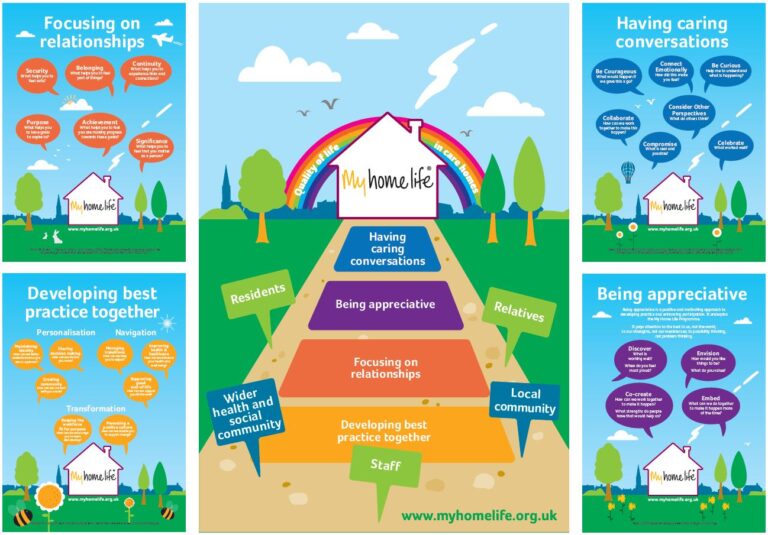 Relationships are a two-way street: pamper yourselves, but make sure you're pampered too. Strive for a healthy balance of self-giving and selfishness. And please, don’t be fooled by the fear of loneliness, agreeing to options from the series “let it be at least that way” - this approach does not bring happiness. I am not one of those who are waiting for Mr. Perfection, but I firmly believe that each of us can count on the “what we need” option.
Relationships are a two-way street: pamper yourselves, but make sure you're pampered too. Strive for a healthy balance of self-giving and selfishness. And please, don’t be fooled by the fear of loneliness, agreeing to options from the series “let it be at least that way” - this approach does not bring happiness. I am not one of those who are waiting for Mr. Perfection, but I firmly believe that each of us can count on the “what we need” option.
A still from the movie "One Encounter"
6. Don't avoid problems
Nobody likes conflicts. I mean, there are certainly people who are entertained by strife, but apparently they are in the minority. But what happens if the partners, not wanting to sort things out, constantly turn on avoidance mode? Nothing good. If you avoid problems for years, they will accumulate, and one day you will wake up 25 years later and realize that you will never be able to sort them out, because you have long forgotten how this huge pile began.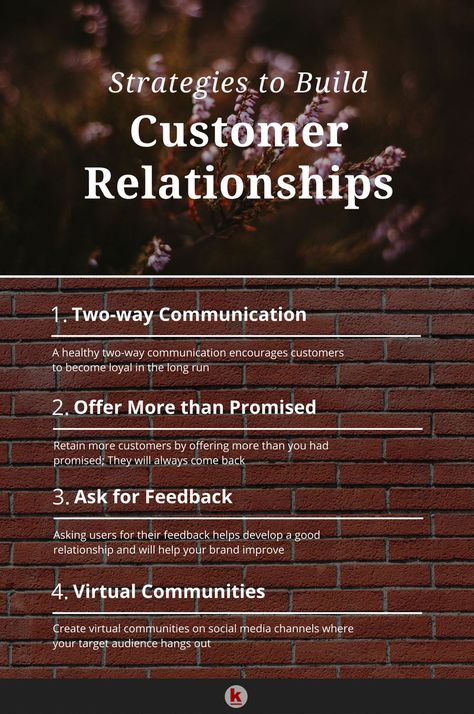 Don't suppress negative (or positive) emotions. Talk to your partner about any issues that are bothering you. Firstly, you are a team, which means that we must work together to overcome adversity. And secondly, you always deserve respect and the right to speak out.
Don't suppress negative (or positive) emotions. Talk to your partner about any issues that are bothering you. Firstly, you are a team, which means that we must work together to overcome adversity. And secondly, you always deserve respect and the right to speak out.
A scene from the movie The Lovers
promising stage. Your connection needs care and attention, confessions and walks, surprises and gifts, romantic dates and cozy home evenings. Be creative, spare no energy to feed your feelings.
Still from the movie Revolutionary Road
8. Put in equal effort
There is an opinion that relationships require giving back 50/50. What nonsense, only 100/100! Both partners must put 100% effort every day to maintain the relationship at the right degree and dynamics. It is difficult to expect harmony from the connection "100 to 20", "100 to 50" or even "100 to 99". You must be equal. If your alliance is out of balance, you need to talk about it in order to get back on track.
Still from the film Water for Elephants
9. Be generous with empathy and appreciation
As a team, you can't go against each other. So, you can not take into account only your own point of view. Whether you're right or wrong, accept the reality of the difference in perception. If your partner sees the situation differently, try to understand and, most importantly, let him know that you respect his view of things. What else? Be a good listener and feel free to be grateful. Even if he just loaded the dishwasher, tell him "thank you". Thank him for what he does for you and he will want to do it again to make you happy. And, of course, he will be grateful in return.
A still from The English Patient
10. Don't try to change him
It's no secret that many women believe they can change their lives. “If I make him lose 10 kilos, he will be much more attractive”, or “If I can wean him from video games, I will be happy”, or “Once we get married, he will change for the better” - all these internal insinuations have no relationship to real love and long-term happiness.